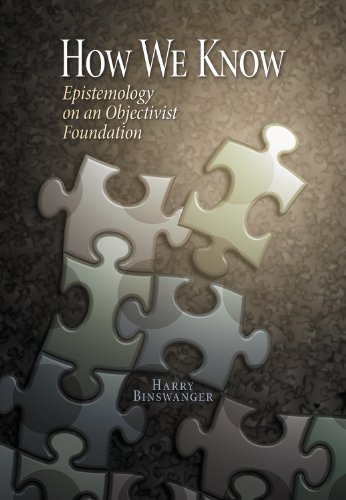What do you think?
Rate this book


649 pages, Kindle Edition
First published November 30, 2013
Mankind has existed for 400,000 years. But 395,000 of those years were consumed by the Stone Age. The factor that freed men from endless toil and early death, the root cause of the elevated level of existence we now take for granted, is one precious value: knowledge. The painfully acquired knowledge of how to master nature, how to organize social existence, and how to understand himself is what enabled man to rise from the cave to the skyscraper, from warring clans to a global economy, from an average lifespan of less than 30 years to one approaching 80.